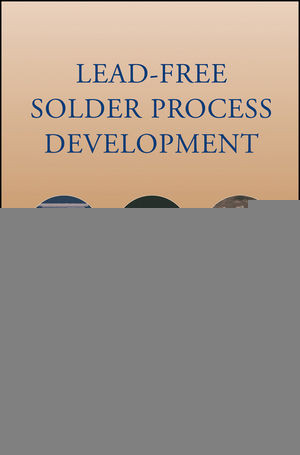

Most ebook files are in PDF format, so you can easily read them using various software such as Foxit Reader or directly on the Google Chrome browser.
Some ebook files are released by publishers in other formats such as .awz, .mobi, .epub, .fb2, etc. You may need to install specific software to read these formats on mobile/PC, such as Calibre.
Please read the tutorial at this link: https://ebookbell.com/faq
We offer FREE conversion to the popular formats you request; however, this may take some time. Therefore, right after payment, please email us, and we will try to provide the service as quickly as possible.
For some exceptional file formats or broken links (if any), please refrain from opening any disputes. Instead, email us first, and we will try to assist within a maximum of 6 hours.
EbookBell Team

4.0
6 reviews A practicing engineer will find the book of use as it goes into these topics in sufficient detail to make it informative and a good practical guide to address issues of concern in these areas. Chapters on Soldering Fluxes, Component Finishes, Alloys, EDXRF and certain areas on reliability have not been covered in sufficient detail in previous books, so the proposed book will be a timely reference for engineers in the field. The lead-free solder process window has been found to be smaller than for tin-lead, so a specific chapter is dedicated to Six Sigma process methodologies to help engineers approach lead-free soldering processes with better evaluation and process methodologies.Content:
Chapter 1 Regulatory and Voluntary Drivers for Environmental Improvement: Hazardous Substances, Life?Cycle Design, and End of Life (pages 1–14): John Hawley
Chapter 2 Lead?Free Surface Mount Technology (pages 15–44): Jasbir Bath, Jennifer Nguyen and Sundar Sethuraman
Chapter 3 Lead?Free Wave Soldering (pages 45–69): Denis Barbini and Jasbir Bath
Chapter 4 Lead?Free Rework (pages 71–93): Alan Donaldson
Chapter 5 Lead?Free Alloys for BGA/CSP Components (pages 95–124): Gregory Henshall
Chapter 6 Growth Mechanisms and Mitigation Strategies of Tin Whisker Growth (pages 125–150): Peng Su
Chapter 7 Testability of Lead?Free Printed Circuit Assemblies (pages 151–172): Rosa D. Reinosa and Aileen M. Allen
Chapter 8 Board?Level Solder Joint Reliability of High?Performance Computers Under Mechanical Loading (pages 173–204): Keith Newman
Chapter 9 Lead?Free Reliability in Aerospace/Military Environments (pages 205–241): Thomas A. Woodrow and Jasbir Bath
Chapter 10 Lead?Free Reliability in Automotive Environments (pages 243–254): Richard D. Parker